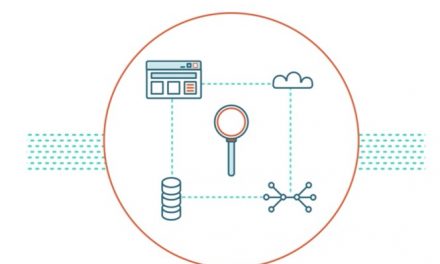Around the world, millions upon millions of people play online games every day. Research suggests that in the UK alone, around 69% of adults would consider themselves a casual gamer, which equates to around 39 million people.
Quite clearly, online gaming – be it via mobile, PC, console or VR – is here to stay, but how can you ensure that while you are online you remain safe? With more and more of us connected to the world via the internet, and given that cybercriminals are becoming increasingly adept when it comes to stealing data and manipulating people’s digital information, it is absolutely crucial that all necessary steps are taken to remain secure.
Cybercrime statistics
Cybercrime is a big problem. Research states that more than £190,000 is lost each and every day in the UK alone because of the efforts of cybercriminals, while a recent report by the ONS estimates that every year around 4.5 million cybercrimes occur in England and Wales alone.
These figures are, to put it bluntly, cause for concern. There is very clearly a lack of understanding and awareness when it comes to people protecting themselves online, even though there are steps that can be taken and techniques that can be utilised to keep criminals at bay.
Here’s a simple guide to staying safe.
Remaining safe online
When playing games online, it can be easy to forget that you are interacting directly with other people, some of whom may have an ulterior motive. Not everyone online is who they say they are, and you should ensure, first and foremost, that you never give out any personal details to people while you are playing games.
But how else can you remain safe?
1. Don’t download unverified files
It can be tempting to download certain pieces of software if they claim to enhance the gaming experience, offer you additional content, or provide ‘cheats’ that will make you more likely to emerge victorious, but you should never download anything that hasn’t been officially released by a reputable company. Viruses, scripts and various pieces of malware can easily be hidden in software, so it’s not worth risking it.
2. Keep an eye out for bullies
Did you know that around one in three parents say they know a child who has been a victim of cyberbullying, or that 36% of young people say they have been bullied online at some point in their lifetime.
Some people act very differently when they are hidden behind the relative anonymity of a computer screen and an avatar, so make sure to keep your eyes open for any form of cyberbullying, and report it if you see something amiss.
3. Stay away from using private information
Be very careful how you portray yourself online, especially when interacting with people you don’t know. Don’t give out key personal information like your date of birth, home town, full name, workplace or school, as this could be all a cybercriminal requires to be able to impersonate you effectively, and subsequently make you the victim of fraud.
4. Don’t use pirated games
This falls into a similar category as only downloading software from reliable organisations. If you are going to use pirated games, then you will not have any safety or security should something go wrong, and you will not be able to garner support via official channels. Malware and viruses can very easily be integrated into pirated games, so don’t risk your entire computer being infected just for the sake of trying to save a few pounds.

Author Biography
Madison Jones is a freelance content producer and researcher based in Leeds, UK. She enjoys everything about technology – IoT, cybersecurity, mobile apps, 5G. Aside from her nine-to-five, Madison also travels overseas for her research and attending different tech conferences. She will be finishing her studies in Advanced Computer Science MSc at the University of Leeds in 2023.





